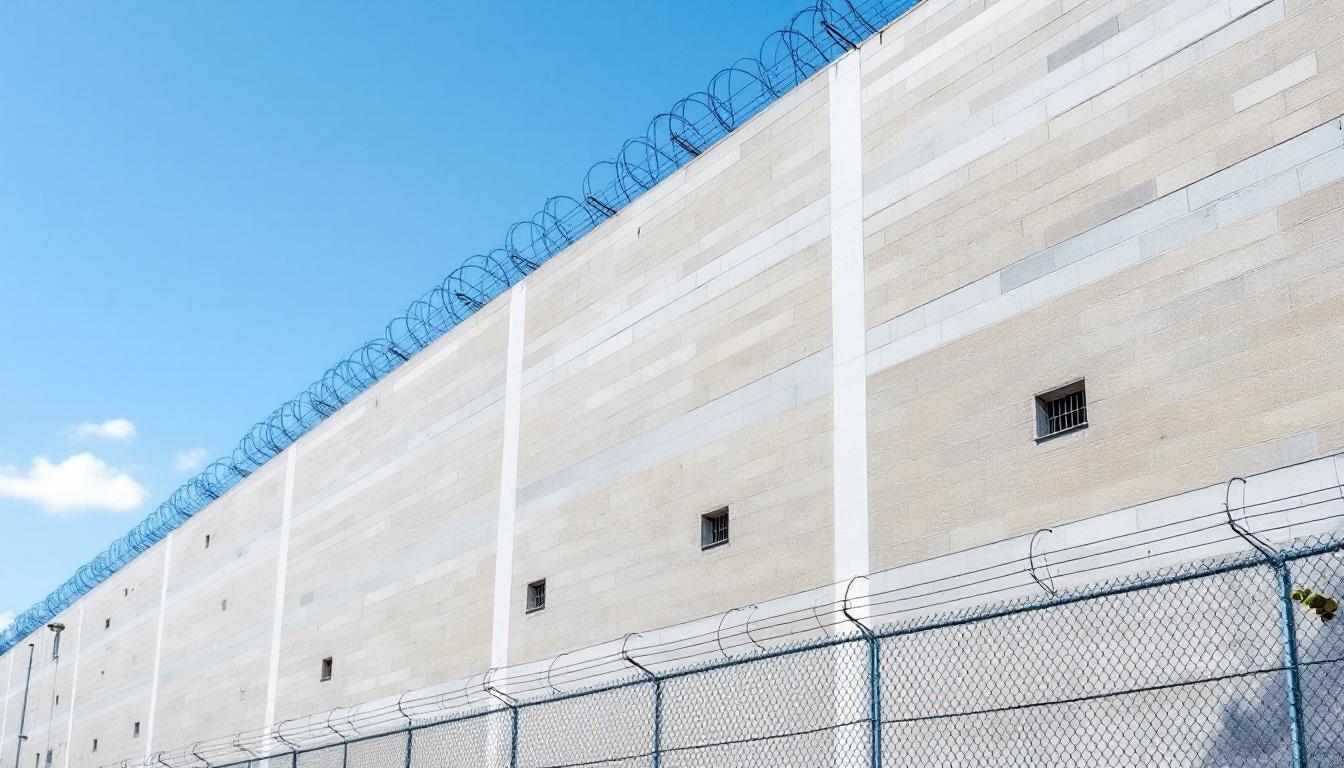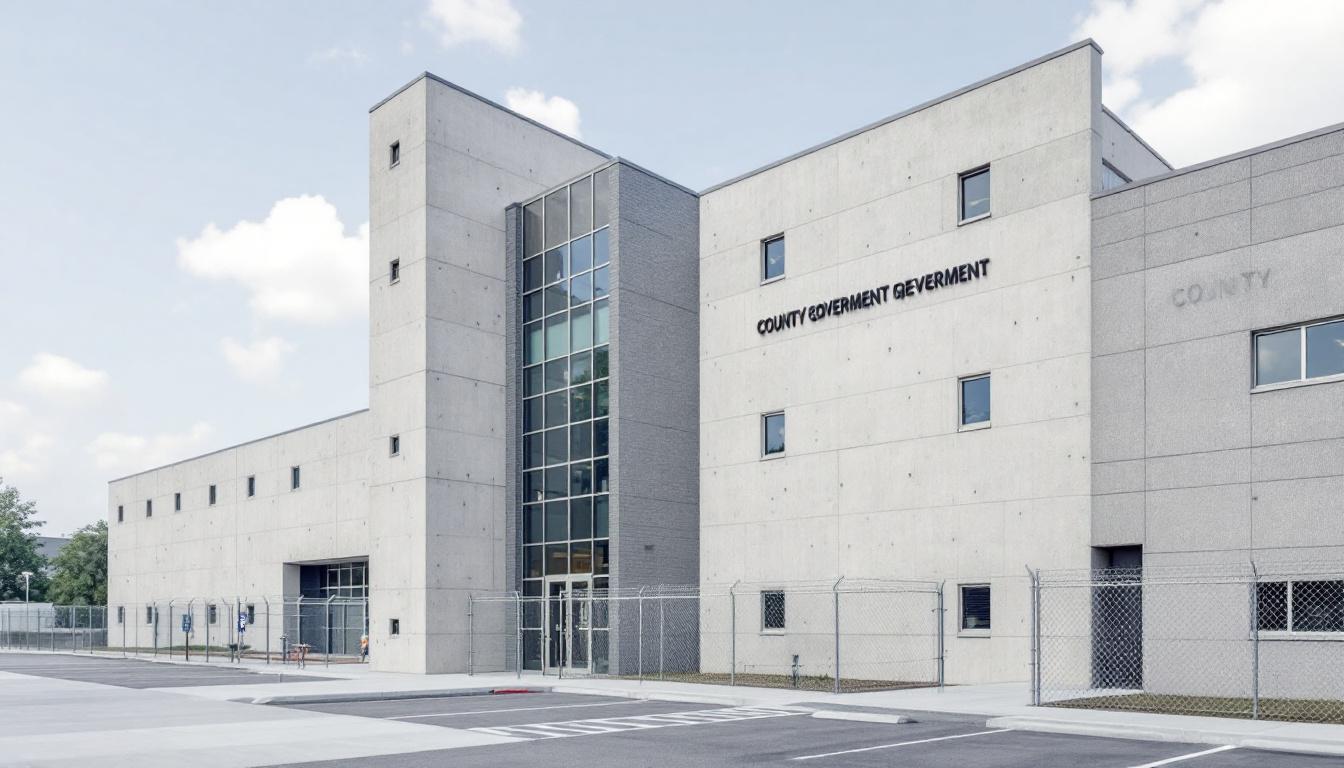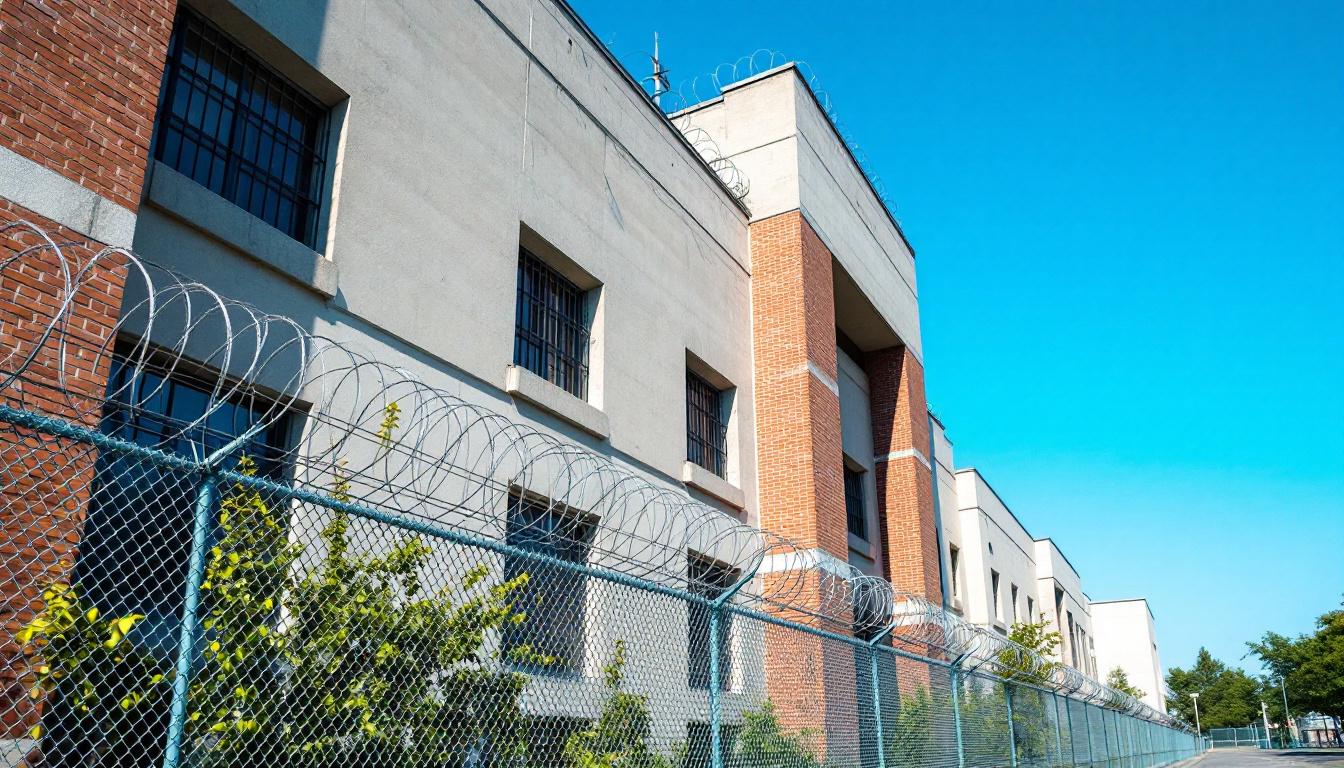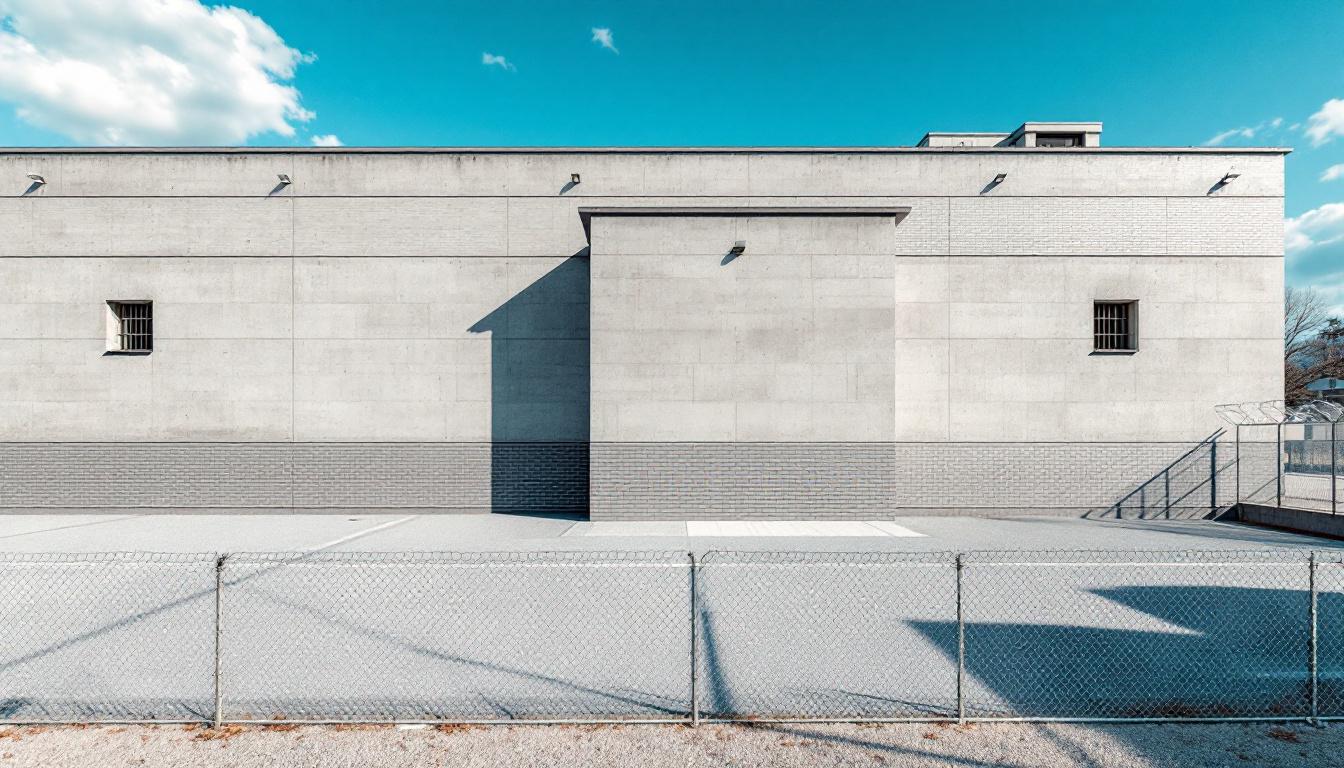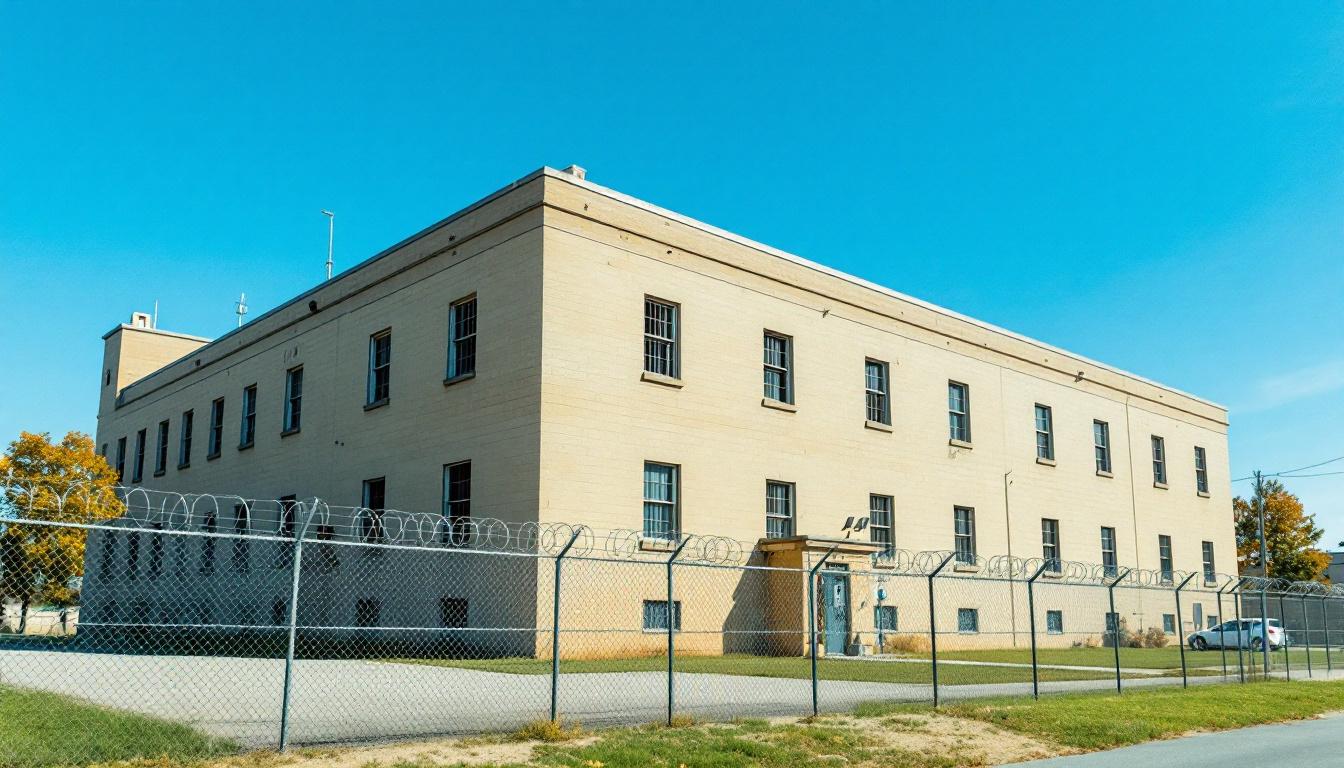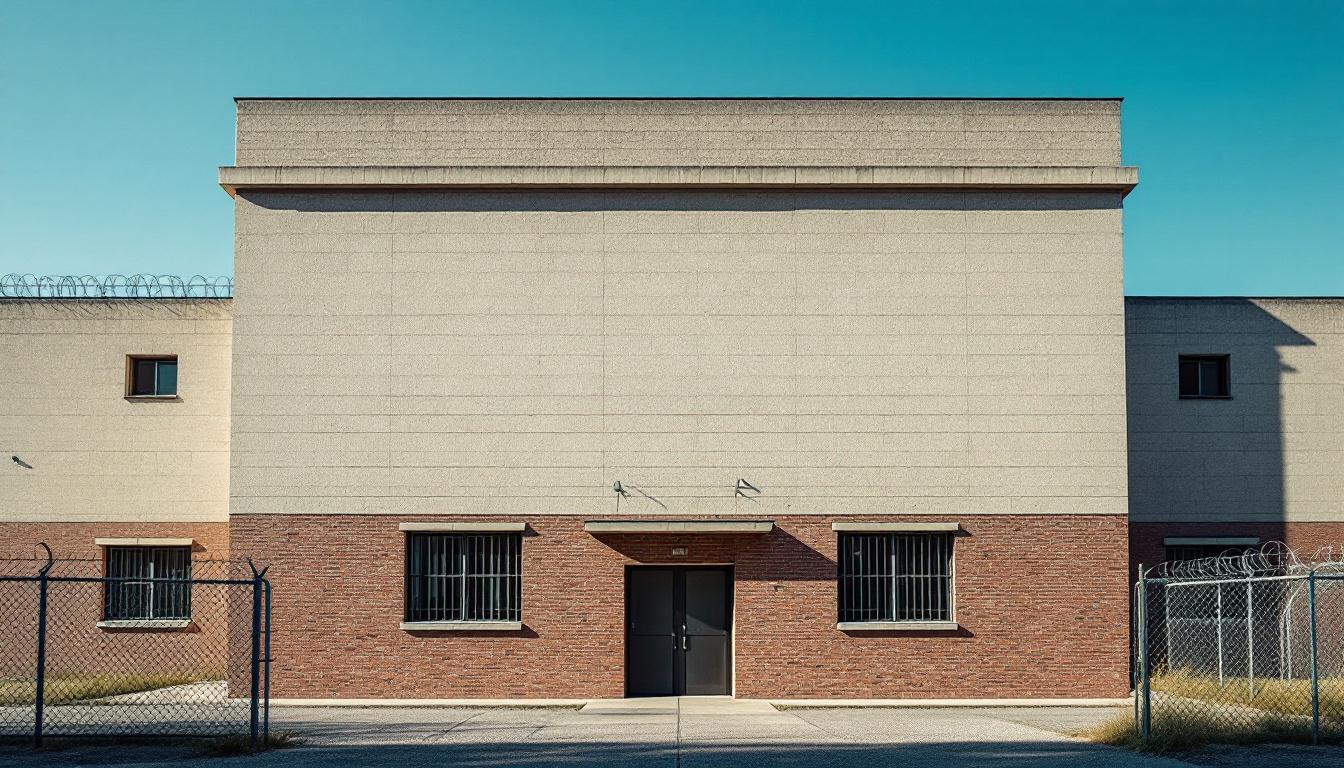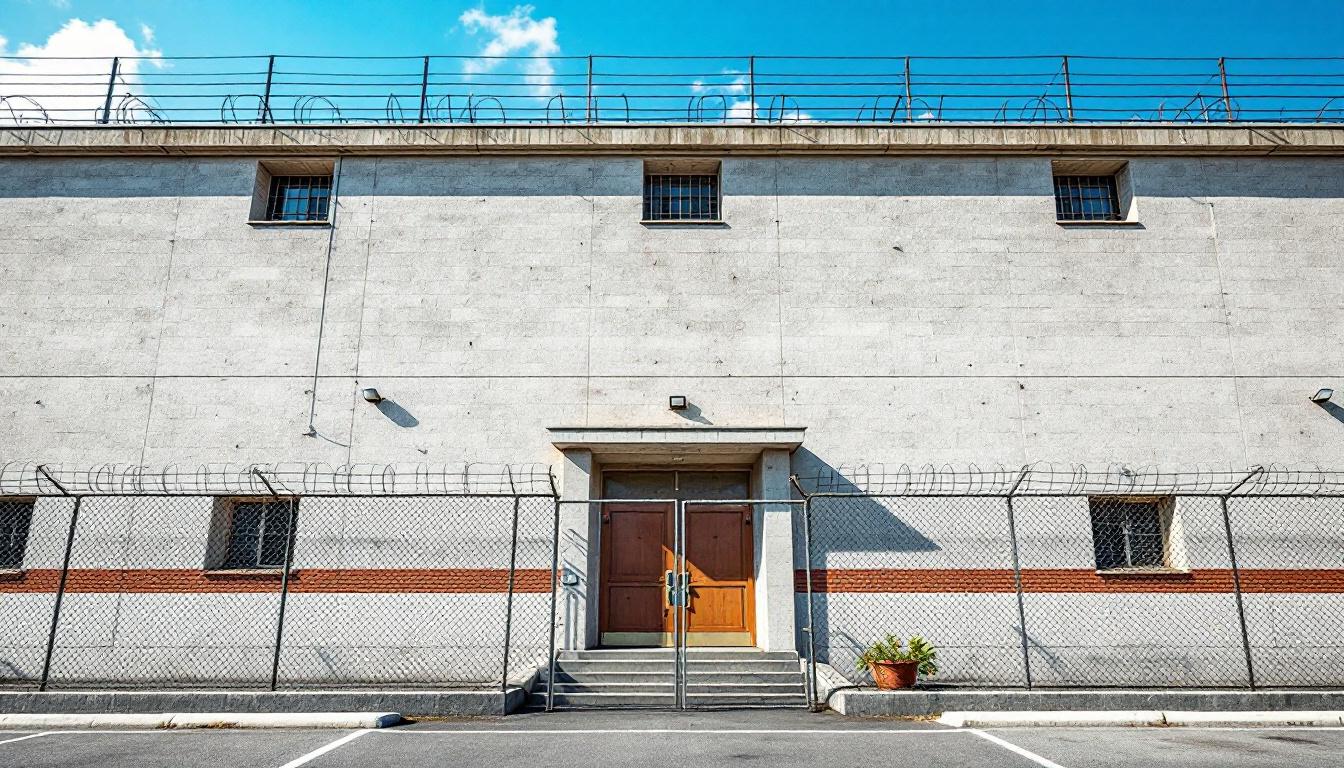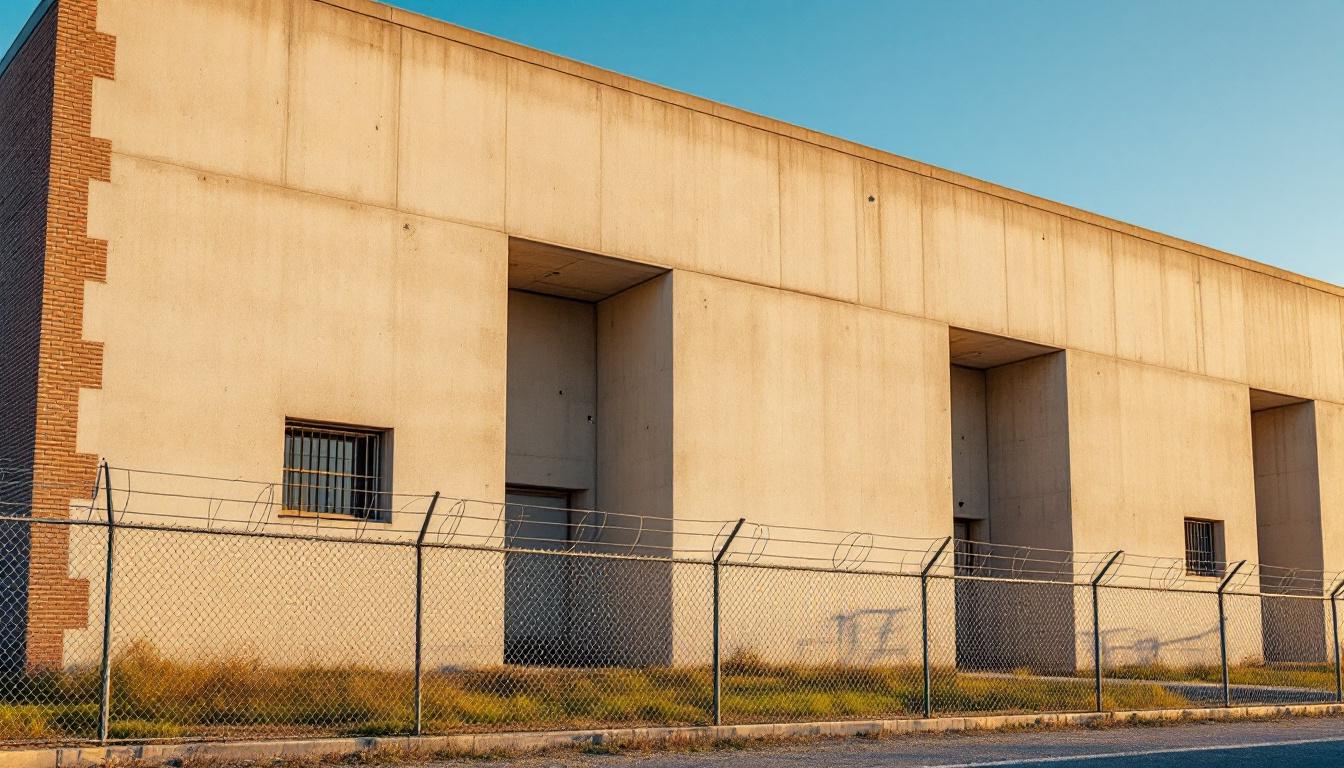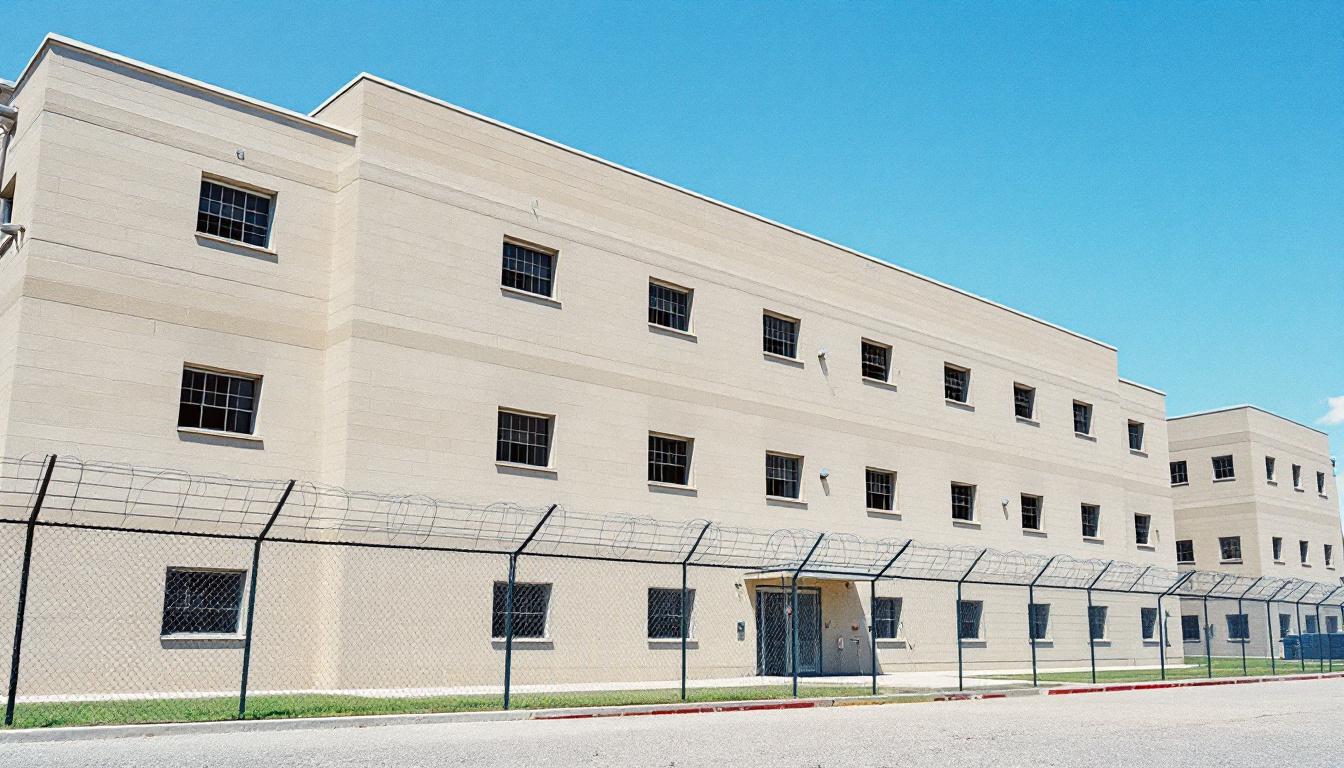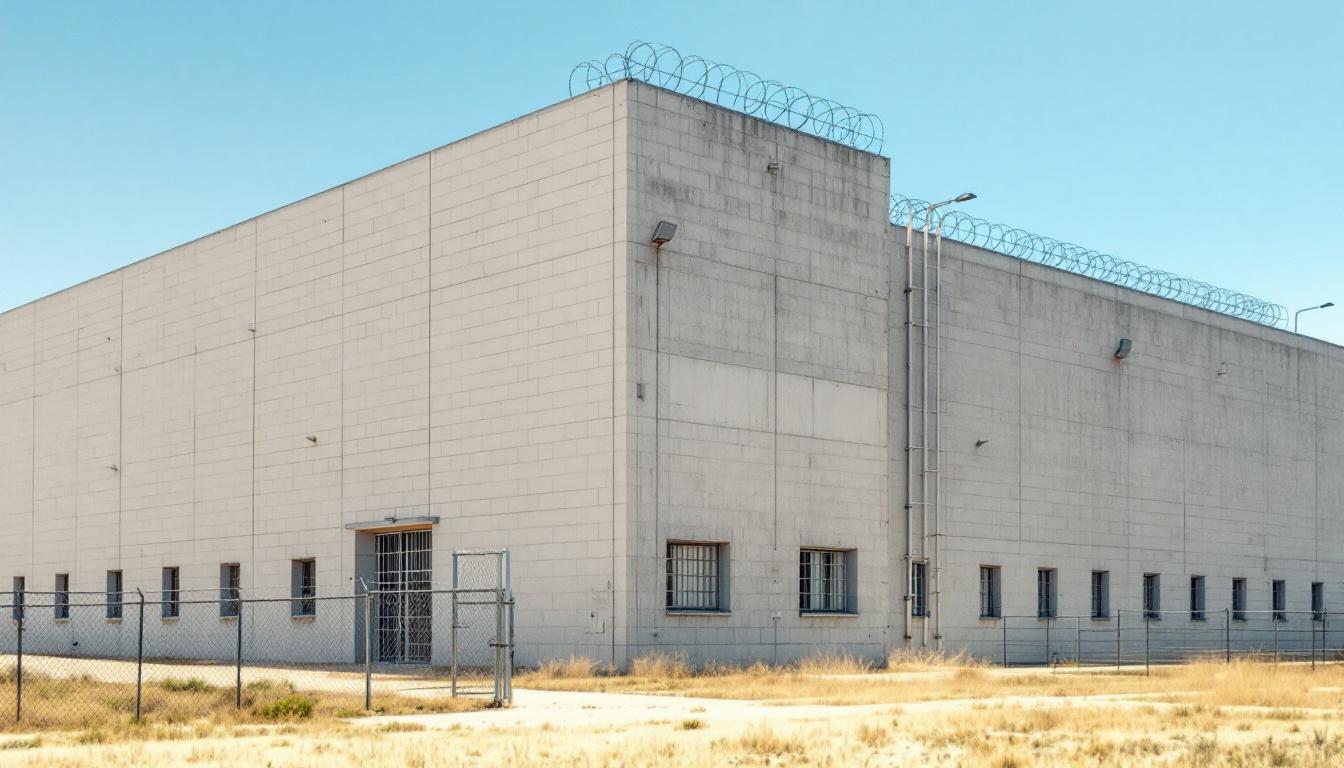
Quick Navigation
How to contact an inmate at TDCJ Estelle Unit
This comprehensive guide will walk you through how to connect with an inmate at TDCJ Estelle Unit. Follow the steps below to find an inmate and send letters and photos:
- Search for the inmate using our search tool below
- Create your account or log in to Penmate
- Write your message (up to 6,000 characters)
- Send instantly - inmates receive printed copies daily
Find an Inmate
Search for an inmate to start communicating today
Tip: You can search by first name, last name, or inmate ID number
To contact a person at TDCJ Estelle Unit start by searching for the person on the official facility website. Perform a search by following these steps:
- Step 1: Enter their first name and last name into the search form and click "Search"
- Step 2: Locate their inmate record
- Step 3: Write down their Inmate ID and any housing information provided
Important! Be sure to enter the person's full name. Nicknames should not be used.
How to Send Messages to Inmates

You can use your phone or computer to send emails, letters, and photos to an inmate. Messages are sent electronically to inmate tablets or kiosks at the facility. If you would like to send a message, start by searching for an inmate at TDCJ Estelle Unit.
Sending Photos and Postcards

A great way to send love and support to a loved one at TDCJ Estelle Unit is to send photos and postcards. It only takes a few minutes to send photos from your phone and it makes a huge difference. You can also mail postcards with words of support and inspiration, or design your own postcard for special moments like birthdays and holidays.
Important! Be sure not to send any explicit photos or they may not be approved by the facility. You can also use a photo printing app like Penmate to make sure your photos are printed at the correct size (4x6 or 3x5) and are mailed according to the rules and regulations of TDCJ Estelle Unit.
Frequently asked questions about TDCJ Estelle Unit
-
How long does it take to deliver a message?
If you're sending an email message your letter is usually delivered within 24-48 hours. For messages sent via mail you should expect delivery within 3-7 days. All messages will need be approved by TDCJ Estelle Unit.
-
How much does it cost to send a message to TDCJ Estelle Unit?
You can send a message free using your phone or mail a message via USPS for the price of a $0.60 stamp and envelope. You can also purchase credits or e-stamps from services starting at $1.99.
-
What services can I use to contact an inmate at TDCJ Estelle Unit?
Penmate
You can use Penmate to send letters and photos to an inmate from your phone. It's an easy way to stay in touch during your loved one's incarceration. Use the inmate locator to find an inmate's location and contact information, then you can send messages within a few minutes.
Securus messaging
Securus may be another option for communicating with an inmate at TDCJ Estelle Unit. You can create a friends and family account and purchase credits to send messages. All messages will be reviewed and must be approved by the facility.
JPay
Some county jails and state prisons may support sending messages with JPay. You must register an account with the system, find your loved one, and purchase stamps to send messages. For some locations you can also attach photos.
Smart Jail Mail
You may also check if Smart Jail Mail is available at TDCJ Estelle Unit. Smart Jail Mail is operated by Smart Communications and has contracted with some state and county jails. After purchasing credits, your messages and photos are sent to the facility, printed out, and then handed out to your loved one.
-
What is the mailing address of TDCJ Estelle Unit?
Mailing address:
TDCJ Estelle Unit
264 FM3478
Huntsville, TX 77320
Phone: (936) 291-4200Business hours:
- Monday: Open 24 hours
- Tuesday: Open 24 hours
- Wednesday: Open 24 hours
- Thursday: Open 24 hours
- Friday: Open 24 hours
- Saturday: 8:00 AM – 5:00 PM
- Sunday: Closed
-
What are the visiting hours at TDCJ Estelle Unit?
Visiting hours at TDCJ Estelle Unit vary by housing unit and security level. Generally, visits are scheduled on weekends and holidays, with some facilities offering weekday visits. Contact the facility directly at (936) 291-4200 or check their website for the current visiting schedule. Visits typically last 30-60 minutes and must be scheduled in advance.
-
What items are prohibited when sending mail to TDCJ Estelle Unit?
Prohibited items typically include: cash, personal checks, stamps, stickers, glitter, glue, tape, staples, paperclips, polaroid photos, musical or blank greeting cards, hardcover books, magazines with staples, and any items containing metal or electronics. Only send letters on plain white paper with blue or black ink. Photos must be printed on regular photo paper (no Polaroids). Always check with TDCJ Estelle Unit for their specific mail policies.
-
How do I send money to an inmate at TDCJ Estelle Unit?
You can send money to an inmate at TDCJ Estelle Unit through several methods: 1) Online using JPay, Access Corrections, or the facility's approved vendor, 2) Money orders mailed directly to the facility with the inmate's name and ID number, 3) Kiosks located in the facility lobby, or 4) Over the phone using a credit or debit card. Fees vary by method, typically ranging from $2.95 to $11.95 per transaction.
-
Can I schedule a video visit with an inmate at TDCJ Estelle Unit?
Many facilities now offer video visitation as an alternative to in-person visits. At TDCJ Estelle Unit, video visits may be available through services like Penmate, Securus Video Connect, GTL, or ICSolutions. Video visits typically cost $10-20 for 20-30 minutes and must be scheduled in advance. You'll need a computer or smartphone with a camera and reliable internet connection. Contact the facility for their specific video visitation policies and approved vendors.
-
What identification do I need to visit an inmate at TDCJ Estelle Unit?
All visitors must present valid government-issued photo identification such as a driver's license, state ID, passport, or military ID. Minors must be accompanied by a parent or legal guardian who can provide the minor's birth certificate. Some facilities require visitors to be on the inmate's approved visitation list, which may require a background check. Contact TDCJ Estelle Unit for specific ID requirements and visitor approval procedures.
-
How can I find out an inmate's release date?
To find an inmate's release date at TDCJ Estelle Unit, you can: 1) Use the online inmate search tool if available, 2) Call the facility's records department, 3) Contact the inmate's case manager or counselor, or 4) Have the inmate provide this information during a call or visit. For privacy reasons, some facilities only release this information to immediate family members.
Facility Overview
Official Website

About TDCJ Estelle Unit
Serving Texas's correctional mission within the Dallas metropolitan area, the Estelle Unit, TX operates as a state correctional facility dedicated to maintaining secure custody while supporting pathways toward successful community reintegration. This TX correctional facility plays an integral role in the state's broader correctional framework, housing individuals within a structured environment that emphasizes both security protocols and rehabilitative opportunities.
Located in Dallas, the facility typically provides those incarcerated services that may include educational programming, vocational training opportunities, and behavioral intervention programs designed to address various needs. The correctional facility generally maintains medical and mental health services, library access, and recreational activities as part of its comprehensive approach to incarceration management. Staff members often work to create an environment where individuals can develop skills and address underlying issues that may contribute to successful reentry into Texas communities.
As part of Texas's correctional system, the Estelle Unit generally emphasizes preparation for eventual community reintegration through structured daily routines, work assignments, and program participation. The facility's location within the Dallas region provides certain advantages for maintaining family connections and coordinating with community-based organizations that may assist with reentry planning. Through its various programming efforts and security operations, this correctional facility contributes to the state's overall public safety mission while working to reduce recidivism through evidence-based rehabilitation approaches.
Programs & Services
Personal transformation begins with access to meaningful opportunities that address individual needs and circumstances. The facility typically emphasizes a structured approach to rehabilitation, recognizing that those incarcerated benefit most from comprehensive offerings that support both immediate needs and long-term goals. This philosophy centers on providing a secure environment where participants can develop essential skills while addressing underlying challenges that may have contributed to their incarceration.
Educational and vocational offerings often include ESL classes designed to help non-native speakers develop English proficiency for better communication and future employment prospects. Vocational training programs may furnish hands-on experience in various trades, allowing those incarcerated to develop marketable skills that can support successful reintegration into their communities. These structured learning environments typically provide both theoretical knowledge and practical application within the facility's secure setting.
In addition to these foundational programs, support services often include work programs that teach responsibility and workplace skills while contributing to facility operations. Faith-based initiatives may offer spiritual guidance and community support for those seeking this type of assistance. Therapeutic offerings typically include grief counseling to help participants process loss and trauma, while conflict resolution training provides tools for managing interpersonal challenges. Physical fitness programs often round out these offerings, promoting both physical health and mental well-being through structured exercise and recreational activities.
Daily Life & Visitation
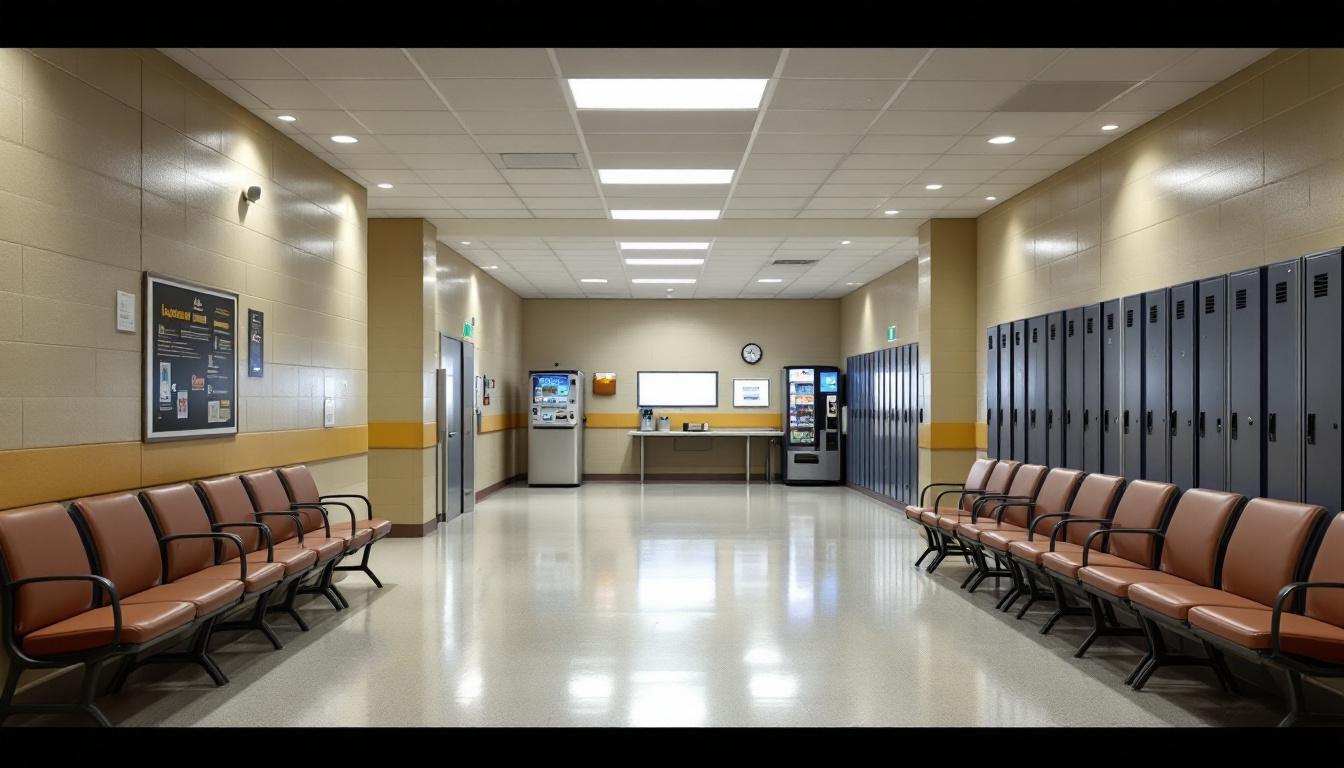
Social connections and family bonds remain central to how those incarcerated at the Estelle Unit navigate their daily experiences. The facility now operates on structured schedules that regularly incorporate opportunities for community interaction and maintaining relationships with loved ones. Those incarcerated typically begin their days with early morning counts, followed by meals served in communal dining areas that allow for social interaction among residents.
Housing arrangements generally place individuals in dormitory-style units or multi-person cells, creating environments where those incarcerated develop supportive relationships with their peers. Living spaces usually accommodate personal belongings within established limits, and residents may access commissary services to purchase approved items. The facility typically provides basic furnishings and bedding, while those incarcerated often personalize their areas with photographs and letters from family members.
In addition to this structured living environment, the Estelle Unit furnishes various programs and activities designed to maintain connections with the outside community. Work assignments may include kitchen duties, maintenance tasks, or facility operations that provide structure and purpose to daily routines. Recreation opportunities typically include outdoor exercise periods and organized activities that encourage positive social interaction. Despite this controlled environment, visitation policies generally allow family members and approved contacts to maintain regular communication through scheduled visits, phone calls, and correspondence, helping those incarcerated preserve important relationships throughout their time at the facility.
Ready to Connect?
Start communicating with your loved one today
Search for an Inmate
